
Maricopa Takes Action to Meet the Needs of Adjunct Faculty
The Maricopa Community Colleges District partners with ACUE to improve support and connection for adjunct faculty members.
In colleges across the nation, adjunct faculty play a pivotal role in student success by bringing industry expertise to the classroom and bridging the gap between curriculum and practice. However, it’s no secret that many adjunct faculty feel that they lack the support and connection to community they seek as educators.
A research survey conducted by Arizona State University (ASU) in 2016 confirmed these feelings among adjunct faculty at Maricopa Community Colleges, a system of 10 community colleges in Maricopa County, Ariz. The survey revealed adjunct faculty felt dissatisfied, isolated and expendable.
 “After this survey came out five years ago, things really started changing at Maricopa,” says Gail Haase, district adjunct faculty coordinator for Maricopa Community Colleges. “Though our leadership felt that they were highly supportive of our adjunct faculty, these results signaled that adjunct faculty were not convinced of that support. After we recognized this, we made a more concerted effort to improve support for adjuncts, who make up the majority of our faculty. Leadership wanted them to know they’re valued—and wanted to help them be the best they can be.”
“After this survey came out five years ago, things really started changing at Maricopa,” says Gail Haase, district adjunct faculty coordinator for Maricopa Community Colleges. “Though our leadership felt that they were highly supportive of our adjunct faculty, these results signaled that adjunct faculty were not convinced of that support. After we recognized this, we made a more concerted effort to improve support for adjuncts, who make up the majority of our faculty. Leadership wanted them to know they’re valued—and wanted to help them be the best they can be.”
Galvanized into action by former provost Karla Fisher, the Adjunct Faculty Association (AFA) and the Maricopa Center of Learning and Innovation (MCLI), the district made structural changes to improve communication, inclusion and morale for adjuncts—which today includes more than 4,000 faculty across the district’s 10 colleges.
As part of these ongoing, district-wide efforts, Maricopa also began to open more intentional avenues for professional development to simultaneously meet adjunct faculty needs and tie to student success goals. The district turned to a partnership with the Association of College and University Educators (ACUE) to prepare and credential faculty in research-based effective teaching practices with an online course offered specifically for adjuncts.
Maricopa notified the wider adjunct community about the opportunity to put two years of professional development funding toward ACUE. After introducing an application process for adjuncts most interested in the ACUE program, 60 applicants were selected. In August 2020, Maricopa launched its first cohort; then, in October, it launched its second.
“Whether these adjuncts want to further their career in higher education, or because they came in as adjuncts with a lot of expertise but little educational knowledge, these ACUE courses help our adjunct faculty take their content knowledge to the next level,” says Patricia Guillen, director of instructional services for the MCLI. “We’re really proud of our partnership with ACUE and we’ve received so much positive feedback. So many adjuncts have shared how eye-opening ACUE has been for them.”
One of the greatest benefits of the program, Maricopa has found, is its relevance for every classroom.
“Offering faculty professional development programs are difficult when areas of discipline can be vastly different,” Haase says. “But the way ACUE is designed is extremely helpful. Faculty will complete an online course module and then present 10 to 12 different strategies—and educators are challenged to choose one to implement that best supplements their course content. If you go through this program, you simply cannot fail as a teacher.”
For Alejandra Dashe, anthropology professor at Paradise Valley Community College, ACUE provided her with a new perspective to increase engagement in the classroom.
“Before, I was like a robot—the courses I was teaching were very two-dimensional. I needed to take it to the next level, and ACUE helped me get there by reframing how I interact with my students,” Dashe explains. “I started to provide more individualized feedback, which helps me to make sure each student feels seen and heard.”
Dashe has even received specific feedback from students highlighting how her practice has changed since participating in the ACUE program.
“One student shared that my hard work this semester has not gone unnoticed—explaining that I clearly care about the students because I provide feedback and actively participate and synthesize the material to support their learning,” Dashe says. “I’m blown away. I’m clearly doing something right and I credit my hard work with ACUE. I could not have become a better teacher without this course.”
Dr. Kimberlin Glenn, English professor at Estrella Mountain Community College, agrees, saying that ACUE has equipped her to promote student success for every student in the classroom.
“I approach education with a posture of service and it’s very important to me that I provide opportunities for each student to expand and grow,” Glenn says. “It’s easy to assume you’re meeting the needs of all your students, but ACUE helped me to take a step back and ask, ‘Do I have any bias? Do I have anything I need to improve upon?’ With some of these materials, I was able to craft a 4 Disciples of Execution assessment project plan, take a look at my online discussion boards and unpack them with a focus on diversity and equity. I went back in and revamped engagement activities and approaches for my underprepared students, thinking about how to help them be the best version of who they are.”
Maricopa has found that the ACUE experience provided support at a time faculty needed it the most. Adjuncts gained resources to help them navigate the transition to remote instruction during the pandemic last year, plus foster an environment that promotes an exchange of ideas.
“Though the discussion posts in the courses aren’t a requirement, our faculty have been so engaged in them—sharing what they’ve learned, what they’re implementing and the outcomes they’ve seen in their courses. This is where the course really comes alive,” says Hayley Steinberg, instructional design and digital learning specialist for the MCLI.
Looking ahead, Maricopa plans to develop communities of practice to provide even more opportunities for adjunct faculty to find support through collaboration with peers.
“During such a crazy year, we’ve found that ACUE cohorts have been so successful, supporting our faculty with a community of people they can lean back on,” Steinberg says. “Our faculty participants aren’t just gaining a nationally recognized certificate by the American Council on Education (ACE), they’re gaining a support system that sets the tone for what communities of practice in our district could look like.”
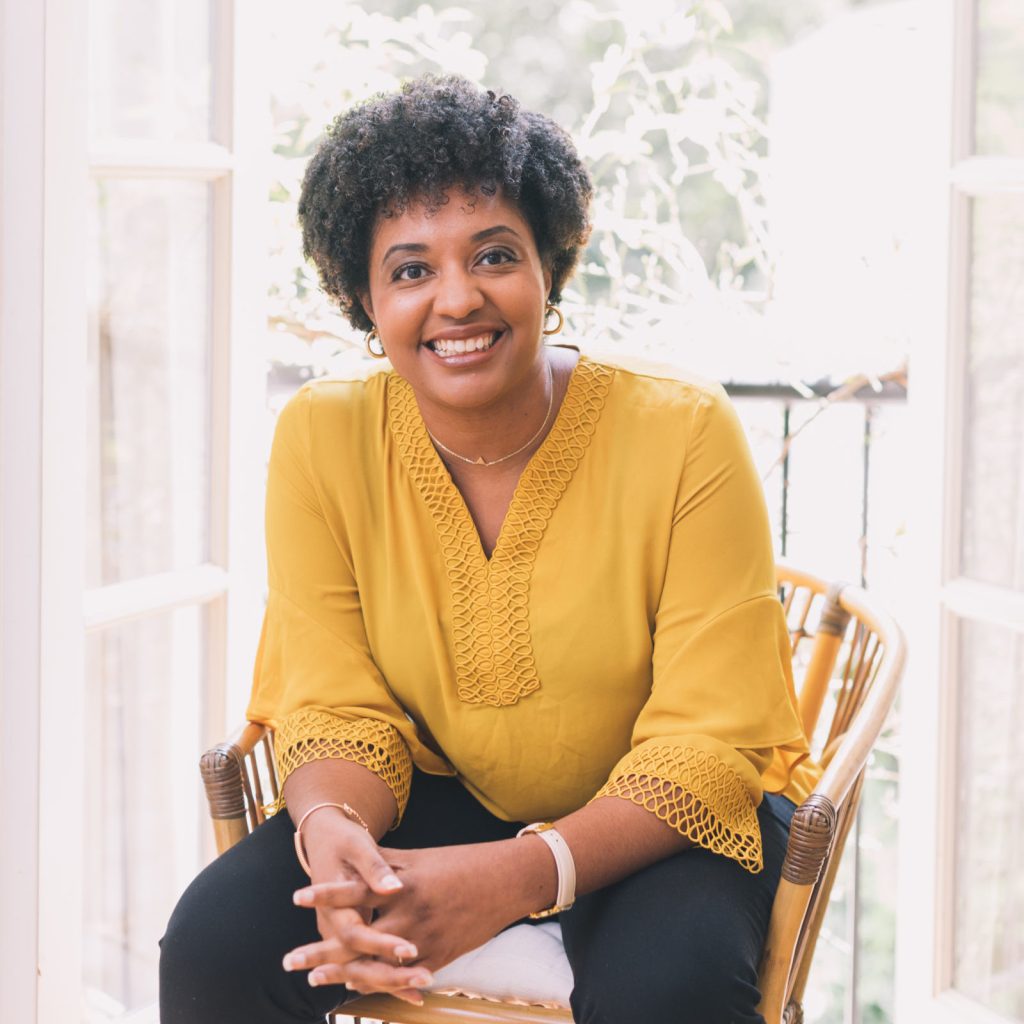
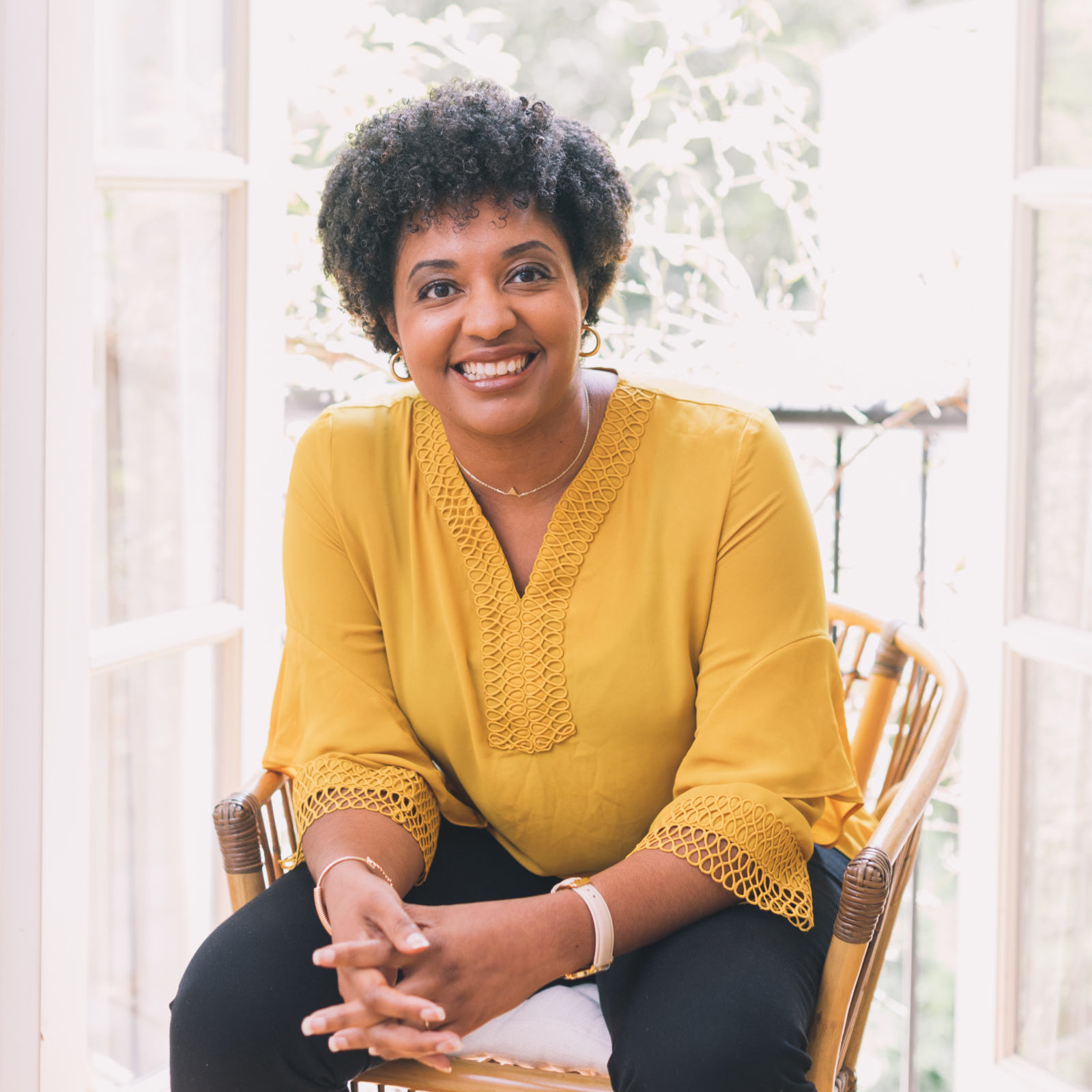 In January 2021, Every Learner Everywhere and Tyton Partners
In January 2021, Every Learner Everywhere and Tyton Partners 
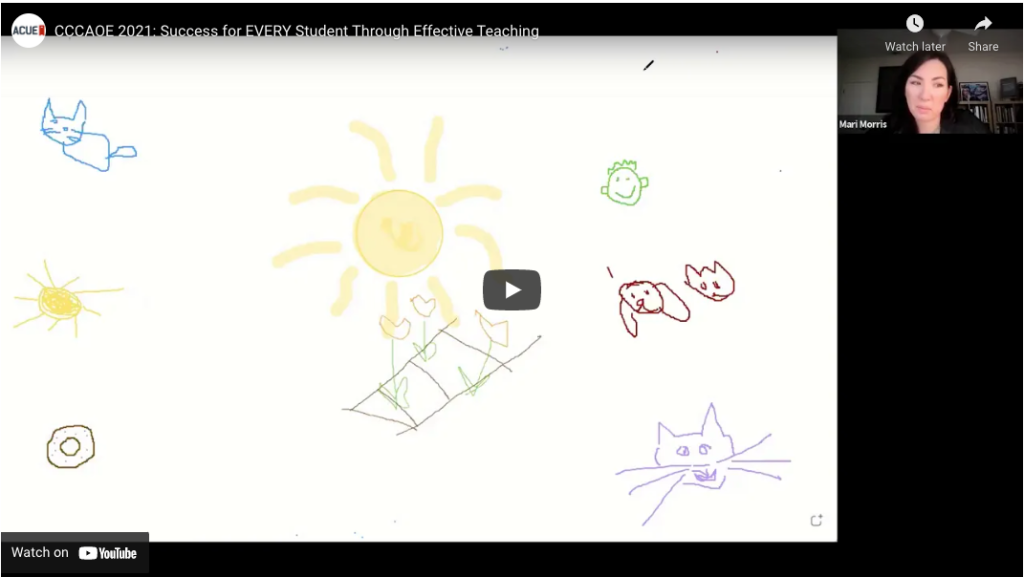
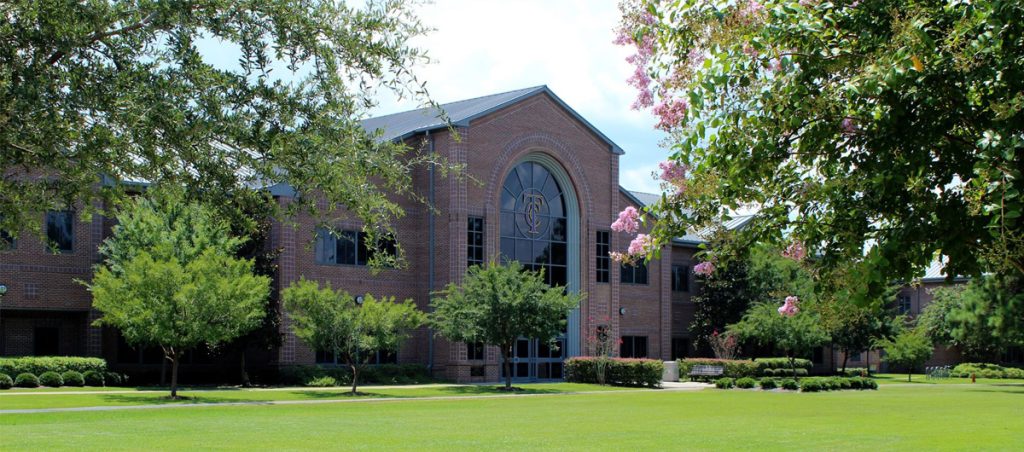

 Removing barriers to post-secondary completion is a top priority at
Removing barriers to post-secondary completion is a top priority at  Tallahassee Community College (
Tallahassee Community College (
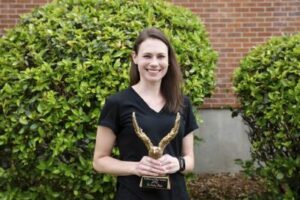

 For the Community College of Aurora (
For the Community College of Aurora ( Three years ago, the academic leaders at the University of Colorado Denver (
Three years ago, the academic leaders at the University of Colorado Denver ( At Metropolitan State University of Denver (
At Metropolitan State University of Denver (